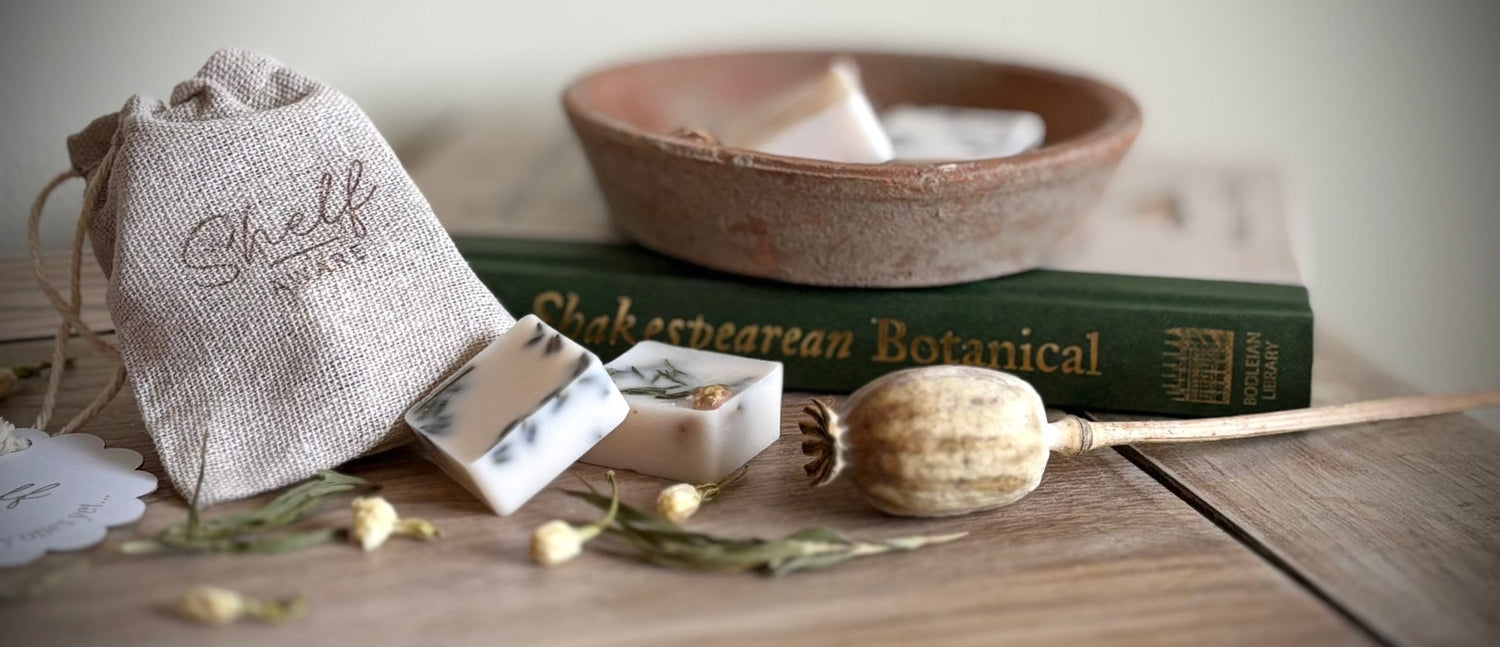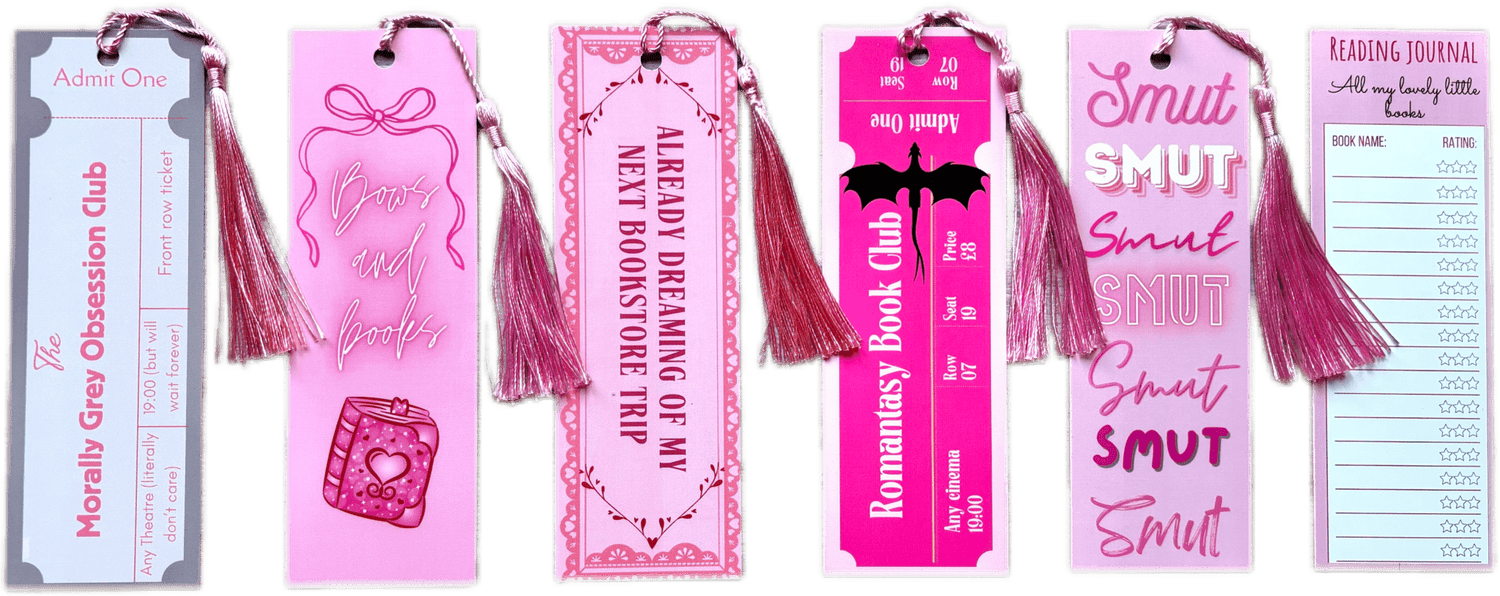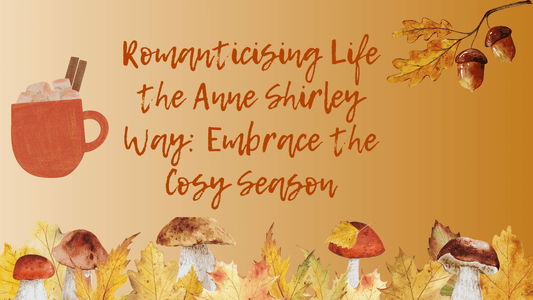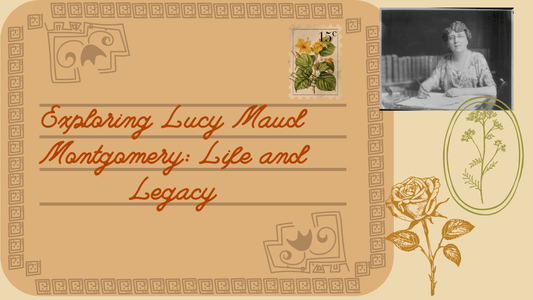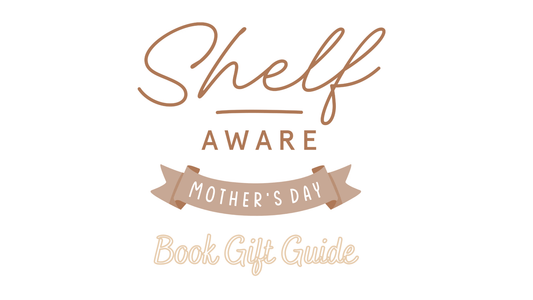Elizabeth Bennet- Iconic
I don't know about you, but Elizabeth Bennet has always been my role model. She defies societal expectations, has an unparalleled talent for wit and ultimately stands her ground and demands better for herself. I just love her. I first read Pride and Prejudice at Uni and instantly knew I was reading something special. Although it was a book I never got to teach to my students, it's a book I revisit time and time again.
Let's explore why she was wayyyy ahead of her time within a feminist perspective.
Let's be clear. Few literary characters have stood the test of time quite like Elizabeth Bennet. Spirited, intelligent, and unafraid to speak her mind, she has become an enduring symbol of wit and independence and a great advocate for women. But in a novel written over 200 years ago, in a society governed by strict social hierarchies and limited roles for women, is it accurate to call Elizabeth Bennet a feminist icon? She was dealing with extreme gender roles in a patriarchal society and she did push back...so I'm thinking absolutely.
But let's go further! We need to look closely at her character, her choices, and the context in which Jane Austen created her. Pride and Prejudice may not be a feminist manifesto, but Elizabeth Bennet’s strength, agency, and refusal to conform make her a remarkable figure, even by today’s standards. She's iconic.
Challenging Social Expectations
In Regency England, a woman's primary goal was to secure a good marriage. Women couldn’t inherit property, had few legal rights, and were often dependent on male relatives for financial security. Against this backdrop, Elizabeth's refusal to marry for convenience or wealth is non-conformist and a little bit awesome.
She turns down not one, but two marriage proposals before accepting the third. First, she rejects Mr. Collins, a socially respectable match that would have ensured her family’s security. She refuses him with absolute courage of conviction in chapter 19 saying, “You could not make me happy, and I am convinced that I am the last woman in the world who would make you so.”
Her choice shocks her mother (but let's leave that for a moment) and defies every social expectation. She would rather risk poverty than commit to a loveless marriage—a decision that gives her immense moral power. Her independence of thought and insistence on personal happiness over duty marks a significant feminist statement. It's like nobody thought of it before and this is what always shocks me about Regency England- marriage was a business deal and happiness was never written in the contract. Especially a woman's shock horror.
A Voice of Intelligence and Wit
Elizabeth’s sharp wit and keen observations are central to her charm. This is why she's such an amaaazing role model- she's so intellectual. She reads, forms opinions, and is not afraid to challenge others, including men. This alone sets her apart from the typical literary heroines of her time, many of whom were passive or docile and would conform to what society expects of them.
Her conversations with Darcy are full of subtle power dynamics, with Elizabeth often matching or even outwitting him in dialogue. Early on, she mocks his pride, saying, "I could easily forgive his pride, if he had not mortified mine." This kind of verbal sparring positions her as an intellectual equal, something rarely afforded to women in 19th-century fiction.
Her critical thinking and refusal to be silenced mirror the qualities that feminist icons value: autonomy, clarity of thought, and confidence in one’s own opinions.
Agency in Her Own Story
Unlike many female characters of the time, Elizabeth is the driver of her own narrative. She isn’t simply acted upon; she makes choices that shape the course of the novel. Her refusal of Mr. Collins forces her family to confront their precarious financial future. Her rejection of Darcy’s first proposal sets both characters on a path of growth and self-reflection. It always makes him up his game massively and it does him the world of good to reject his pride and dig deep for those feelings that we know he has!
In many ways, Elizabeth embodies the idea that women are more than passive recipients of male attention or societal pressure. She sees herself as an individual first, and a romantic partner second and it is THIS that gives me goosebumps because she was so far ahead and I am proud to have read a book in which her views lead. When she finally accepts Darcy, it is on equal emotional footing—with respect, mutual understanding, and affection. It's done right. And it's so worth the wait...they're like the OG slow burn. This dynamic is a far cry from the traditional male-dominated courtships of the era. In fact, Austen seems to argue that a true partnership must be based on equality, a surprisingly progressive idea for the time.
Questioning Gender Roles
Elizabeth often challenges traditional gender roles through her actions and words. She walks alone to visit her sick sister at Netherfield—a bold move considered improper by many characters in the book. Caroline Bingley mocks her for having "dirty stockings," but Elizabeth is unbothered. She knows she isn't on this planet for the male gaze.
She also engages in debates with male characters and refuses to be intimidated by their social status. She's well read. She has interesting opinions and the men better get used to it. Her interactions with Lady Catherine de Bourgh (ugh) are especially significant and rather fricking awesome. When the Lady tries to intimidate her into rejecting Darcy, Elizabeth responds with calm defiance:
"He is a gentleman; I am a gentleman's daughter; so far we are equal."
This simple yet powerful statement rejects the notion that social rank or gender should dictate personal worth. Elizabeth stands her ground with integrity and intelligence, showing that she sees herself as an equal to any man or woman of higher rank.
A Complex Portrayal of Womanhood
While Elizabeth clearly embodies many feminist traits, it’s important to remember that Austen does not portray her as flawless. Elizabeth is quick to judge, occasionally prejudiced, and must learn to see beyond first impressions and learn a bit of forgiveness.
This complexity makes her even more relatable. She is not an idealised feminist hero, but a believable young woman navigating a patriarchal world with as much honesty and strength as she can muster. Her growth throughout the novel—from judgment to understanding, from pride to humility—is deeply human and something everyone experiences. She's amazing isn't she?
In that sense, Austen gives us a full portrait of womanhood: intelligent, imperfect, emotional, and strong. Elizabeth is neither a rebel nor a conformist, but something far more realistic and inspiring.
Austen’s Own Feminist Leanings
To understand Elizabeth fully, we must consider the woman who created her. Jane Austen herself led an unconventional life. She never married, wrote professionally in a male-dominated field, and created stories that challenged the norms of her time. Read more about Jane Austen here!
While Austen may not have identified with the term "feminist" (which didn’t exist in her lifetime), her works champion women's intellect, agency, and moral authority. Through Elizabeth Bennet, she shows readers that a woman’s value is not in her dowry or social standing, but in her mind and character.
Why Elizabeth Still Resonates Today
Modern readers continue to be drawn to Elizabeth Bennet for good reason. In a world where women are still working hard for change and equality in many areas, her determination to live on her own terms feels timeless.
She reminds us that feminism isn't just about activism or politics. It's also about everyday courage—speaking your truth, valuing your independence, and refusing to settle for less than respect and love. Elizabeth Bennet may be a product of the 19th century, but her spirit is as relevant today as it was then. She shows us that feminism can exist in subtlety, in literature, and in the quiet defiance of one woman insisting that her happiness matters. We love you Elizabeth!
Final Thoughts on Elizabeth Bennet
So, is Elizabeth Bennet a feminist icon? Absolutely—not because she shouts it from the rooftops, but because she lives it. Through her wit, independence, and refusal to conform, she challenges the expectations of her time and offers a blueprint for female empowerment that still speaks to us today.
Whether you’re reading Pride and Prejudice for the first time or the fiftieth, Elizabeth’s character continues to inspire. She reminds us that strength doesn’t always roar; sometimes, it simply says, "No, thank you," and walks its own path.
Lottie x


